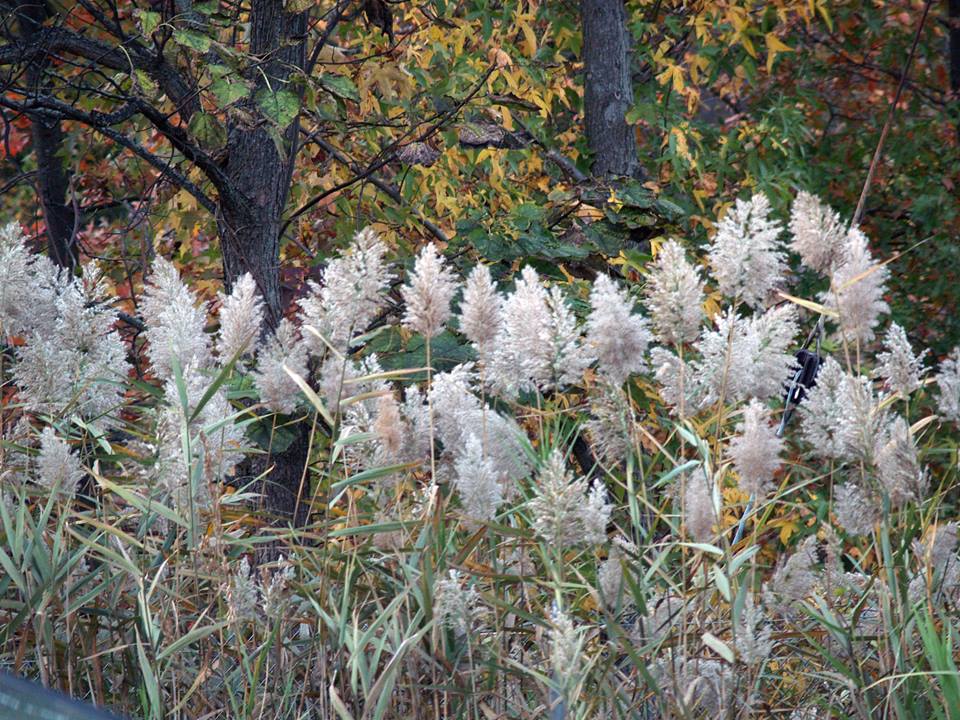Notes from Beijing
My trip to Beijing would not have been possible without Prof Dong, the Chinese scholar who translated Tagore’s work in Chinese. His invitation gave me a chance to explore the mainland China.
When I was in Hong Kong as part of my assignment with China Daily Hong Kong Edition (2006-2009), I visited Shenzen and Guangzhou a number of times, but never did I get a chance to visit Beijing.
When China Eastern airlines landed in Beijing, I was fascinated by the airport’s infrastructure. The capital’s stupendous development and the nation’s awe-inspiring thirst for progress took me by surprise.
I boarded the airport express subway to reach Huangcunxidajie (the subway station is 20 minutes metro ride from Beijing downtown), where my friend was staying. My friend took a rented apartment there. He was on a scholarship (Asian Ford Foundation) tour for three months.
I had read about Beijing’s mind-boggling progress, and the frenetic pace at which all development work is being done, but what I saw with my own eyes baffled me.
Unbelievable!
What struck me particularly about Beijing is the scale and speed of work! How a nation was transformed from the late seventies when it started opening up its economy.
“Never miss a trip to Hangzhou,” said Prof Dong on my arrival in Beijing. Chinese people say: “On top is Heaven, and down below is Hangzhou.” Travelling to Hangzhou, for a Chinese, is a holy pilgrimage.
My friend and I took the Bullet train from Shanghai to Hangzhou (train fare 90 Yuan). It was only an hour’s journey. The train’s swank interior and the seating arrangement were awesome
A hotel staff was waiting at the Hangzhou railway station.
From the station, we took a cab to reach our hotel Hon Lieu, located very close to the West Lake (xi hu in Mandarin)
It was 3pm when we checked into the hotel. My friend ordered two bottles of Siwo beer.
Around 5pm we were out to see the Lake.
Wow!
West Lake area comprises the Lake and the hills surrounding its three sides. The Lake has inspired poets, scholars and artists since the 9th century.
It comprises numerous temples, pagodas, pavilions, gardens and ornamental trees, as well as causeways and artificial islands.
The additions have been made to improve the landscape west of the city of Hangzhou to the south of the River Yangtze.
West Lake is an example of a cultural landscape that displays with great clarity the ideals of Chinese landscape aesthetics, as expounded by writers and scholars in Tang and Song Dynasties. The Lake’s landscape has a profound impact on the design of gardens not only in China but further afield, where lakes and causeways imitate the Lake’s harmony and beauty.
Famous Song Dynasty poet Su Dongpo (960-1127) paid a rich tribute to the Lake when he compared the West Lake to Xi Zi, the most beautiful woman in ancient China.
Tagore visited the town in 1924 and was captivated by the lake’s serenity and tranquility.
